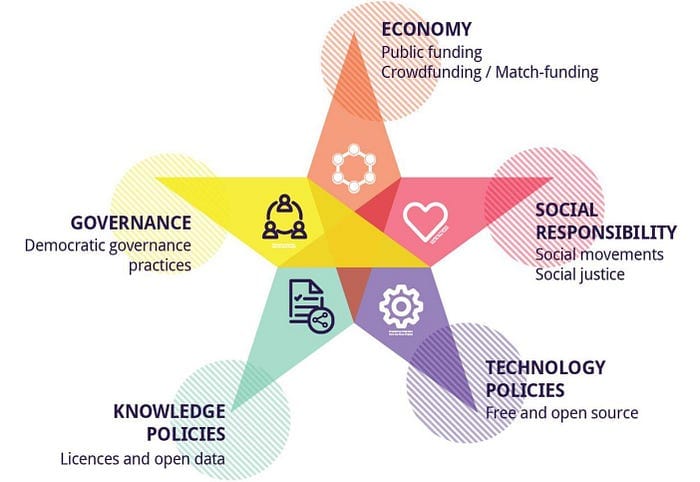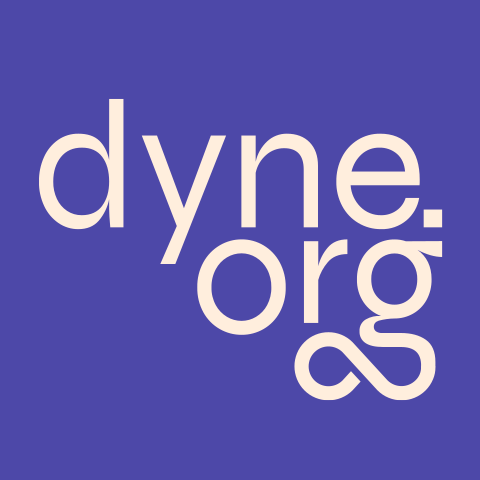Community driven software development
There is a silently winning approach in the field of Information and Communication Technologies today. It is hard to individuate where this approach wins, because of the enormous amount of marketing communication flooding our screens.

There is a silently winning approach in the field of Information and Communication Technologies today. It is hard to individuate where this approach wins, because of the enormous amount of marketing communication flooding our screens.
It is difficult to understand because everything we connect is a service for which, paradoxically, we end up being the product. It is engaging by its own nature as it requires the involvement of all participants into a collective process, developers and users all together.

I’m talking about the community-driven approach to software development: an active evolution of Agile methodology out of the enterprise context that shift emphasis on the community and focus on processes rather than products. Community-driven may easily imply human-centric: software designed to benefit all people, not for a few to profit on everyone’s needs.
What is community-driven is also interdisciplinary: empowerment comes not from having everyone write code, but from facilitating diverse skills and disciplines to contribute developing software tools.
Having dared to define this vision as “holistic” for software development in the conclusions of my own doctoral thesis, let me add that today we can say it is a successful approach. It is not a service sold by any of the corporate giants dominating the market, but something that we practiced at Dyne.org and in research projects like DCENT for the framework of “Citizen Awareness Platforms for Social Innovation”, it is something that we finally consider a good practice to replicate at scale for tech that is made in Europe.
The Conference on the Future of Europe launches a digital democracy platform for large scale citizen participation based on https://t.co/tVjQ30Qrkf born in Barcelona. A success of open source EU collaboration to develop civic tech https://t.co/qgKYPmnadU. https://t.co/AXlhHh543S
— Francesca Bria (@francesca_bria) April 17, 2021
The community of Decidim is an outstanding example of community-driven development as well a brilliant application of the ‘eat your own dogfood’ principle: the same democratic platform is used to make choices about the software development

This way of developing software is now a timeless seal of warranty for the European Parliament adopting this platform for the Conference on the Future of Europe, assuring the quality of the initiative well beyond issues of usability, security and auditability of code: it addresses the issue of “Algorithmic Sovereignty” for the future of Europe’s digital citizenry.

I recommend we engage with the participatory platform of the “Conference on the Future of Europe” much more than we do with mainstream social media: this is the opportunity to contribute quality content into something that may not decay or disperse into chatter and ads, be monetized by corporate espionage, lie unmaintained or even worst be one day deleted and substituted by proprietary software.
This is our occasion to participate in a process that respects the integrity of software as that of a community of participants that are in charge.
This is a signal that Europe stands to give power to the people.

Tune in to the discussion 💬
(These services are bridged: join your favorite and reach them all)
🗨️ Matrix
🗨️ Telegram
🗨️ Discord
Support Dyne 🫱🏿🫲🏾
🪙 Bitcoins: bc1qz9wz2f9swcefra2tfrhk4fx49evqsv03m9nx4l
☕ Ko-Fi
🍴 Github.com
🧁 LiberaPay
🍥 Patreon.com
Follow Dyne.org 🗞️
Social Media everywhere!
🐘 Mastodon
🎬 Peertube
🐭 Lemmy
📸 Instagram
🐦 Xitter
👔 Linkedin
🪞 Facebook
✍️ Medium








